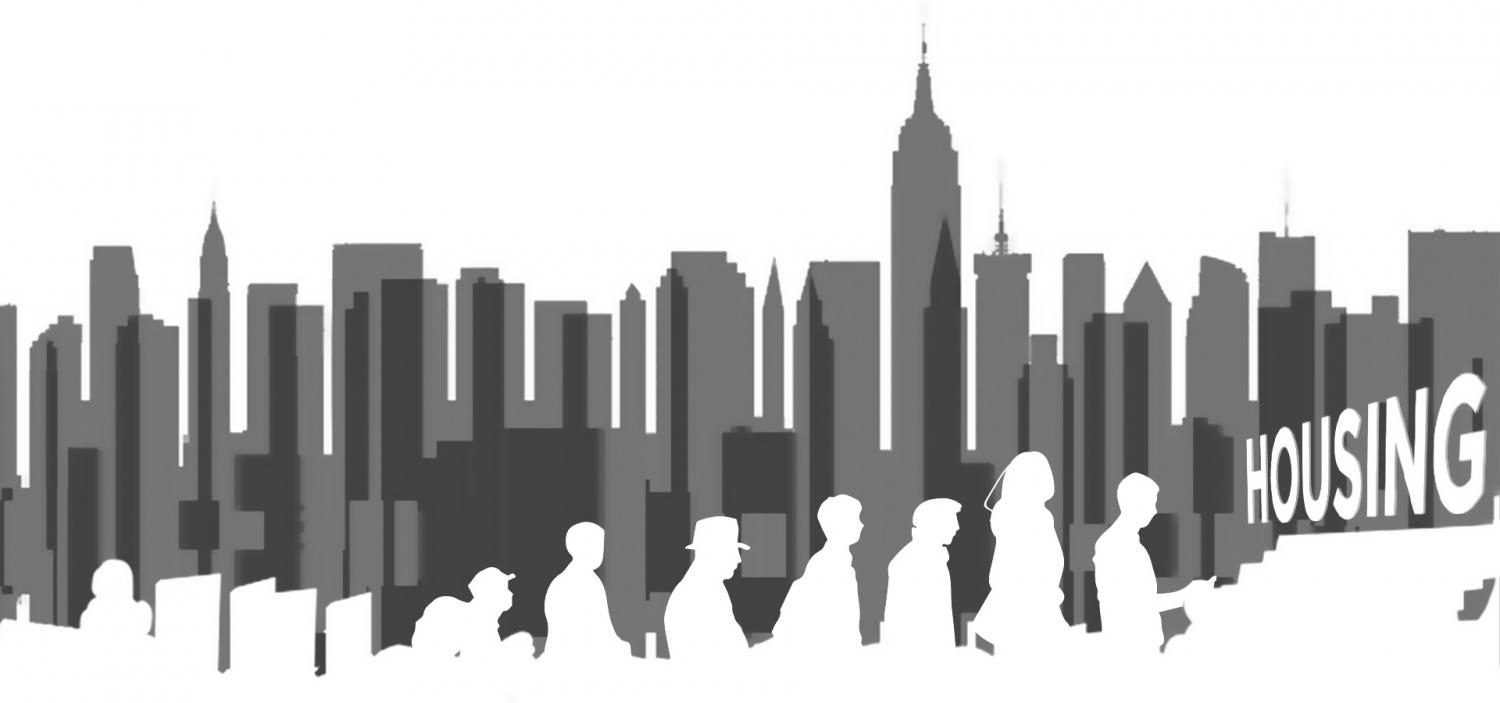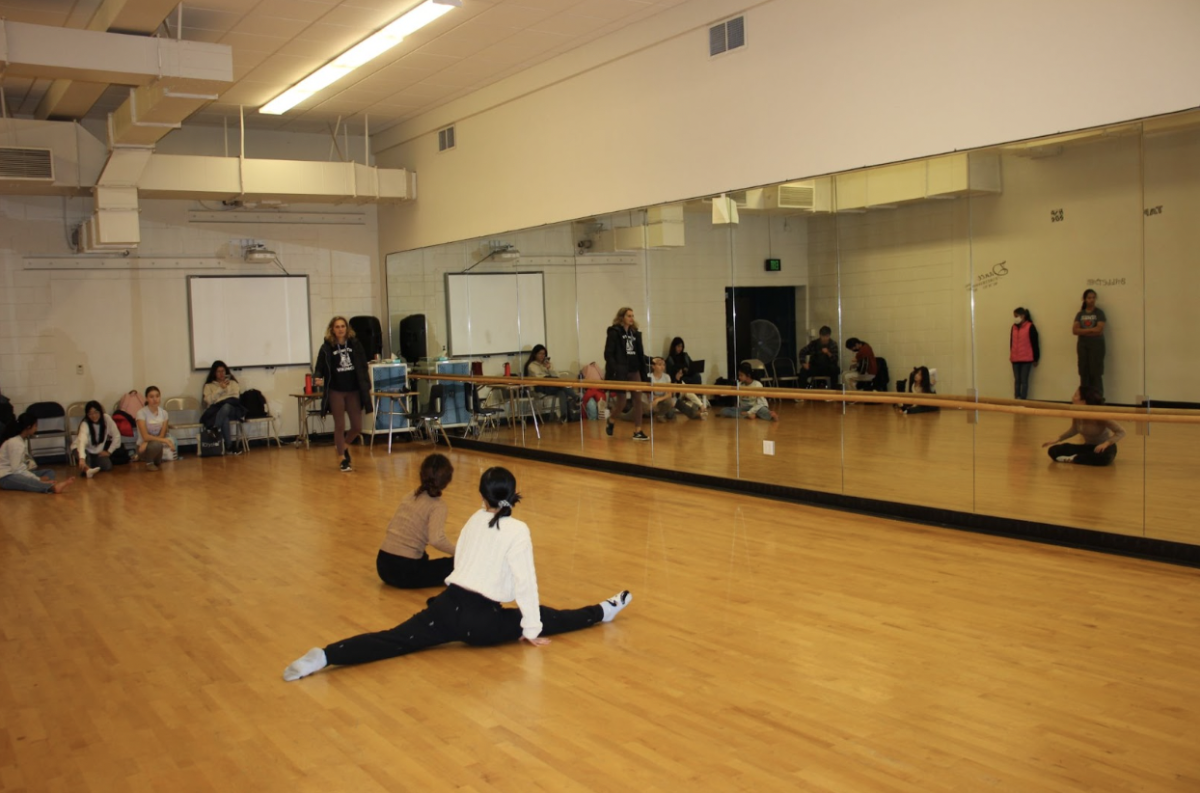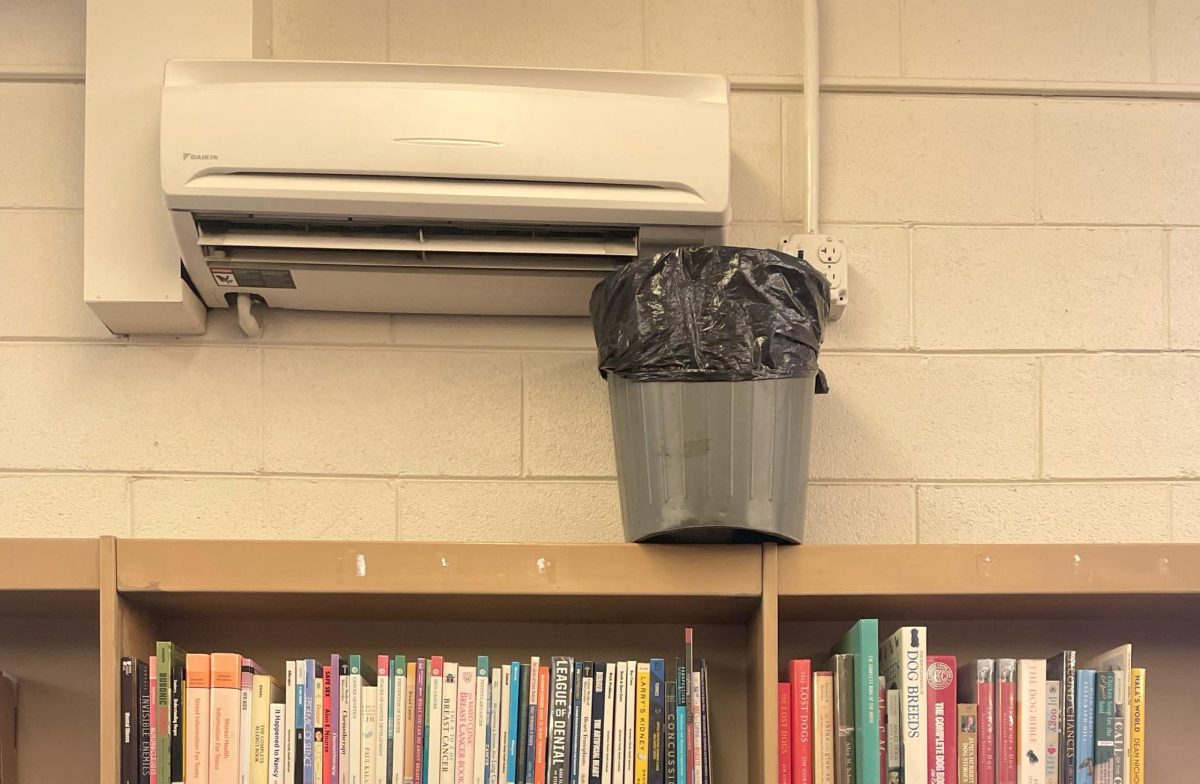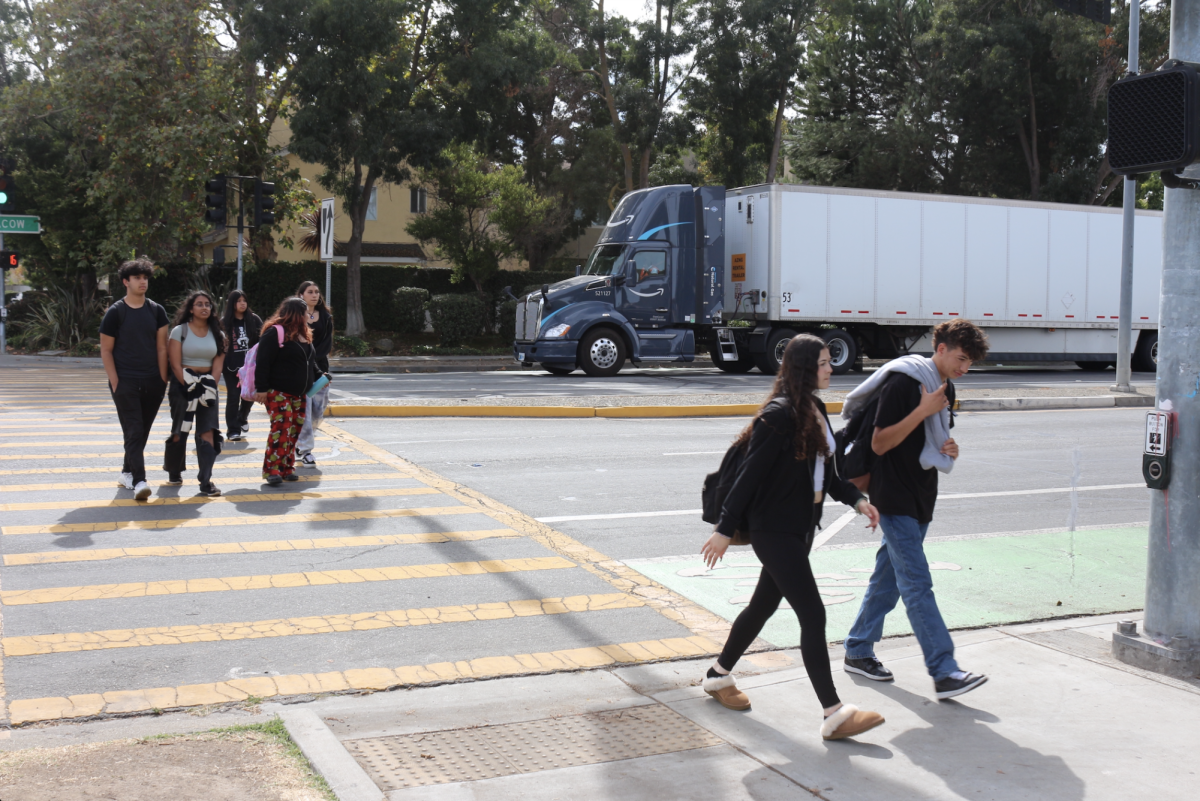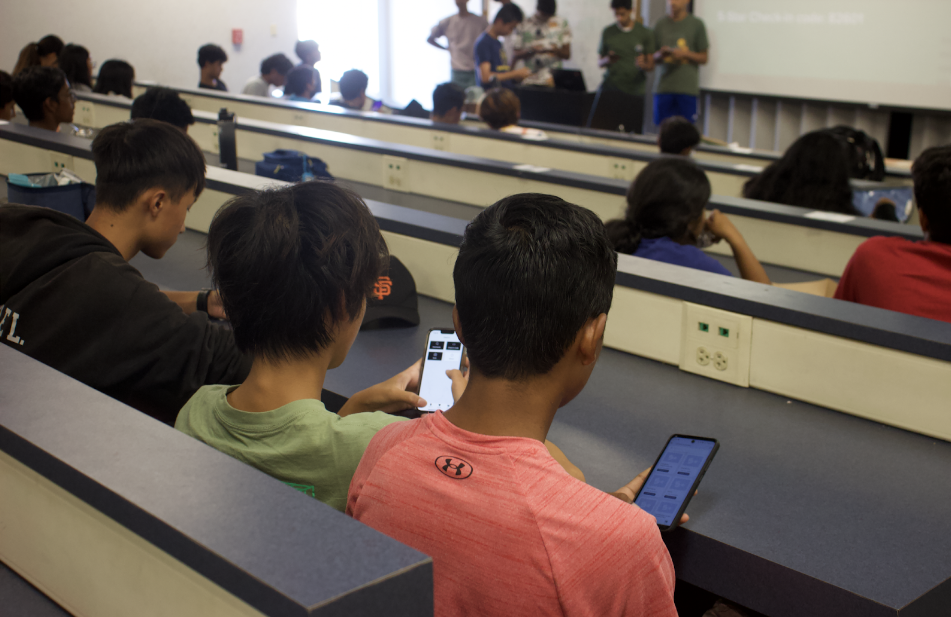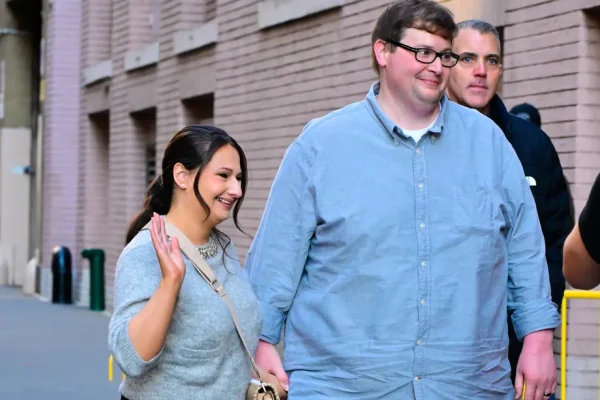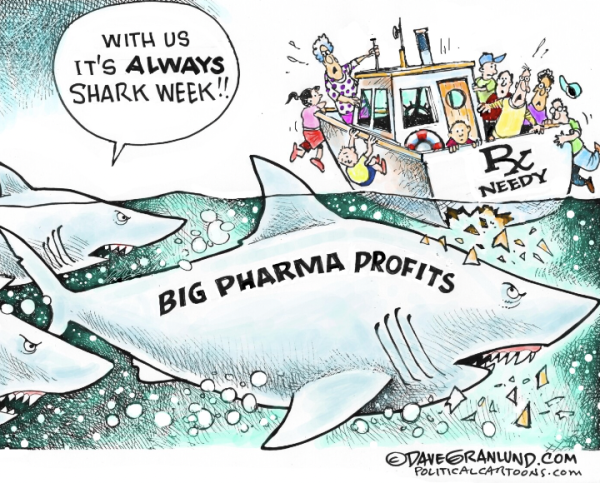How horrible is homelessness?
April 19, 2017
Walk through the streets of San Francisco and you can see the effects of homelessness. In fact, Fremont’s increasing size has led to an increasing homeless population. Homelessness is an exponentially growing problem within the United States that affects everyone. Although homelessness has plagued America since the 1640s, it began escalating exponentially after the Reagan administration increased military spending and cut back on domestic programs, some of which provided vital aid to homeless people.
Homelessness is the inability of a person to acquire a fixed shelter to sleep in and to lose a social safety net. Homeless people are forced out onto the street for a multitude of reasons, the most common being drug abuse leading to unemployment, lack of affordable housing, and poverty. Mostly, they aren’t given a second chance to get their lives together and seek employment to meet their basic needs and rely on stealing or begging to provide sustenance. This leads to a cycle of drugs and not receiving employment opportunities, which creates a constant stream of homeless people across the entire country. And that affects everyone. Homelessness exposes a weak infrastructure and ineffective laws and is detrimental to society because it prevents economic growth, which affects everyone.
The way cities deal with the homeless population doesn’t work. Instead of providing aid to the homeless, many cities in fact send these people to jail for merely trying to find a place to sleep. They create laws that discriminate against homeless people. Homeless shelters have become so crowded that people sometimes cannot find space in shelters to stay overnight and are forced outside. These same cities take away homeless people’s resources because they loiter on public property and are basically unpleasant to look at. In fact, homeless criminalization laws in New York City led to homeless veteran Jerome Murdough’s death. He was caught sleeping on a stairway in Harlem and eventually sent to Rikers, in which he was placed in a hot cell. And due to the police’s negligence for his basic needs and cries for help, he roasted to death. Although this is extreme, it shows the ineffectiveness of current laws that deal with homelessness. In another case, a homeless person’s camper was towed away and he did not have enough money to get it back. The city just forced him to live out on the street because homeless shelters were too crowded for him to sleep in. To top it all off, he was arrested for illegal camping and then jailed for 100 days. These are just a few stories cited in the National Law Center on Homelessness and Poverty’s report called No Safe Place: The Criminalization of Homelessness in U.S. Cities.
Instead, what cities should do is create more policies that benefit the homeless, such as providing permanent homes, creating affordable housing and giving them a right to shelter. Permanent housing for homeless people would be a more effective alternative to shelters because it gets the chronically homeless off the streets for good. In terms of creating affordable housing, California is already trying to do so. If passed, SB 35 streamlines the development process in creating housing, meaning developers have to pay less in initial costs, which lower housing rates altogether.
Homelessness affects the entire country and the economy. What most urban cities do right now to the homeless is not working and is aggravating the problem further. Instead of focusing on cycling these people from jail and the streets, creating a more permanent housing solution will cure homelessness for good.


